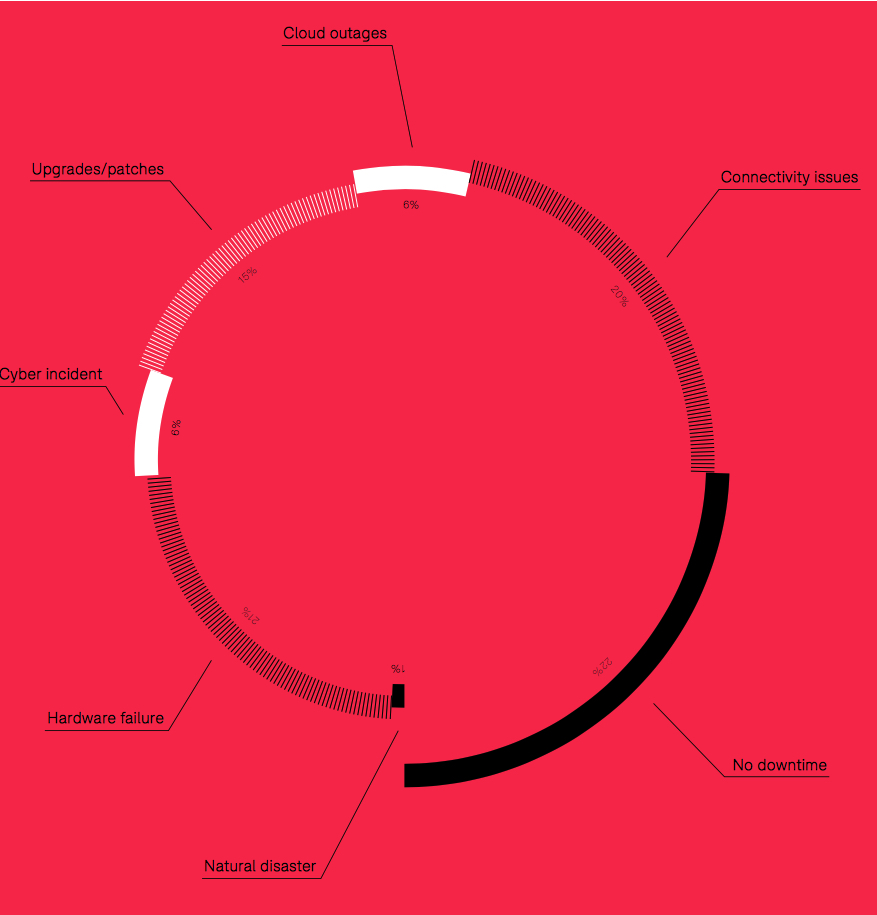Confidence in DR Plans Falling in UK – Databarracks
Despite increase in testing
This is a Press Release edited by StorageNewsletter.com on October 17, 2016 at 2:46 pmResearch by Databarracks Ltd. revealed that despite an increase in DR testing over the last 12 months (45% of organisations have tested in the last year, with a further 18% planning to), confidence is at an all-time low.
The findings are part of Databarracks’ sixth Data Health Check report. The survey questioned over 350 IT decision makers in the UK to find out how they’ve experienced the IT services they use in the last year, and what they expect to change in the next 12 months.
The number of organisations that are ‘very confident’ in their DR plans fell from 41% in 2015 to just 32% in 2016. Those who reported they ‘had concerns’ or were ‘not confident at all’ increased to 15% this year compared to just 11% in 2015.
Biggest cause of IT downtime in the last 12 months?
Oscar Arean, technical operations manager, Databarracks, commented on the results: “We were encouraged to see that the number of organisations with a BC plan, and one that is regularly tested at that, has increased over the last 12 months. DR isn’t a luxury insurance policy anymore, as our reliance on technology increases it is absolutely essential for every business. To see so many organisations proactively taking steps to improve their BC is encouraging. The findings also showed that data loss has been on a steady decline over the years, indicating that organisations are generally becoming better at managing and protecting their IT estates.”
Arean continued: “Greater testing should translate into greater confidence so what we need to work towards now is increasing confidence in these DR plans. Of course, with more testing, an organisation will have a much better awareness of its own possible shortcomings as well as an appreciation for the risks and threats it faces. It isn’t all that surprising that confidence in plans has fallen, especially given the huge rise in cyber-attacks that could put any DR plan to the test. But, as with all risks, with the right planning, and the right tools in place, there isn’t a reason for organisations to have any doubt in their ability to recover from a disaster, and quickly.“
Key findings from the survey regarding BC included:
• Reported data loss is on the decline. This year saw the highest proportion of respondents that reported no data loss at 57%, up from 54% in 2015 and 49% in 2014.
• The overall leading cause of data loss remains to be human error (23%), as has been the case every year since 2008 with the exception of 2014, where hardware failure came top.
• Over the past 6 years there has been a significant increase in the number of organisations with a BC plan, from 37% in 2008, to 67% in 2016.
• The top barriers to improving recovery speeds were listed by respondents as “financial constraints” (27%) and “technology constraints” (26%).













 Subscribe to our free daily newsletter
Subscribe to our free daily newsletter

